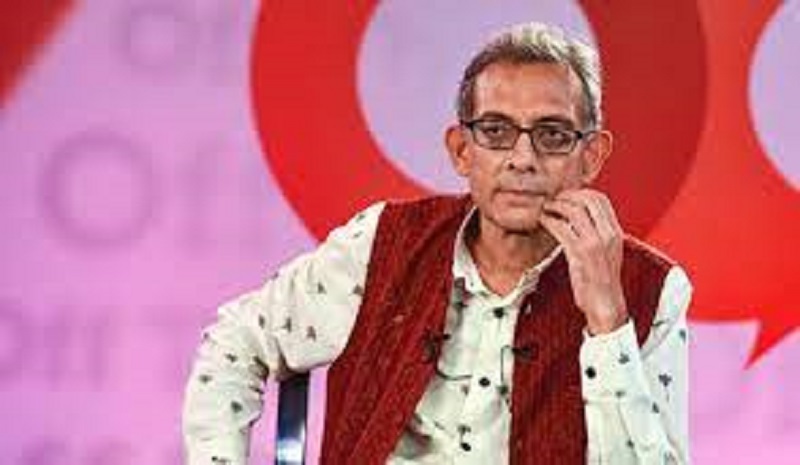
Kolkata: Nobel laureate economist Abhijit Vinayak Banerjee forecasted that the GDP growth rate may decrease in the country due to the Covid-19 third wave.
‘The economy is going slow due to the COVID situation. Earlier the IMF had said GDP growth would be 12.5%. Now it is saying it would be 9.5%. I apprehend it might go down to 7%. Another wave will decrease it further. If the country’s economy does not improve, the state will not be able to move forward alone,’ said Banerjee after a meeting with West Bengal’s Global Advisory Board (GAB)
Last month, the International Monetary Fund (IMF) reduced the economic growth forecast for India to 9.5% for the fiscal year 2022. This is lower than the earlier forecast of 12.5%. The international body expects the GDP growth rate of the country at 8.5% for 2022-23.
Also Read: Forex Market: Indian rupee settles unchanged against US dollar
‘But I apprehend it may drop to 6% to 7% at the end. I can’t give it in writing. But if another wave hits, it may drop further. I hope it doesn’t happen,’ Banerjee said.
‘If the country’s economy does not improve, Bengal alone will not be able to do anything. If the economy of the whole country is active, it will have an impact. Many Bengalis work in other states. A lot of income comes from migrants. We cannot solve this problem alone. When the country’s economy opens, that will pull us. The state government is certainly trying to help, but the problem will be solved only when the country’s economy recovers,’ he further added.
The Nobel laurate urged the union government to implement free-spending policies like other economies of Europe and the US. ‘The (union) government has a fiscal problem, and it may have more faith in balancing the budget than free-spending policies. The government is trying to use the one instrument it has as other forms of tax collection are not necessarily keeping pace, given the economy is slow. It is using this to balance the budget,’ he said.
‘I think the government should have been more open-handed with the spending. I have said this many, many times. I think the central government is too unwilling to do what US or European economies are doing – printing money and spending. And I think that would have been a better policy in the present context. The inflation is already up due to the high fuel prices. I think there is a good case for being more open-handed. But to be fair, the central government has now moved towards that direction and have announced several relaxations. I think being less mindful of the deficit might be the right strategy,’ the economist said.

Post Your Comments